
15 Useful Ways You Can Prevent Baby Bottle Tooth Decay
9 min readWritten by Dr. Hafsa Fatima

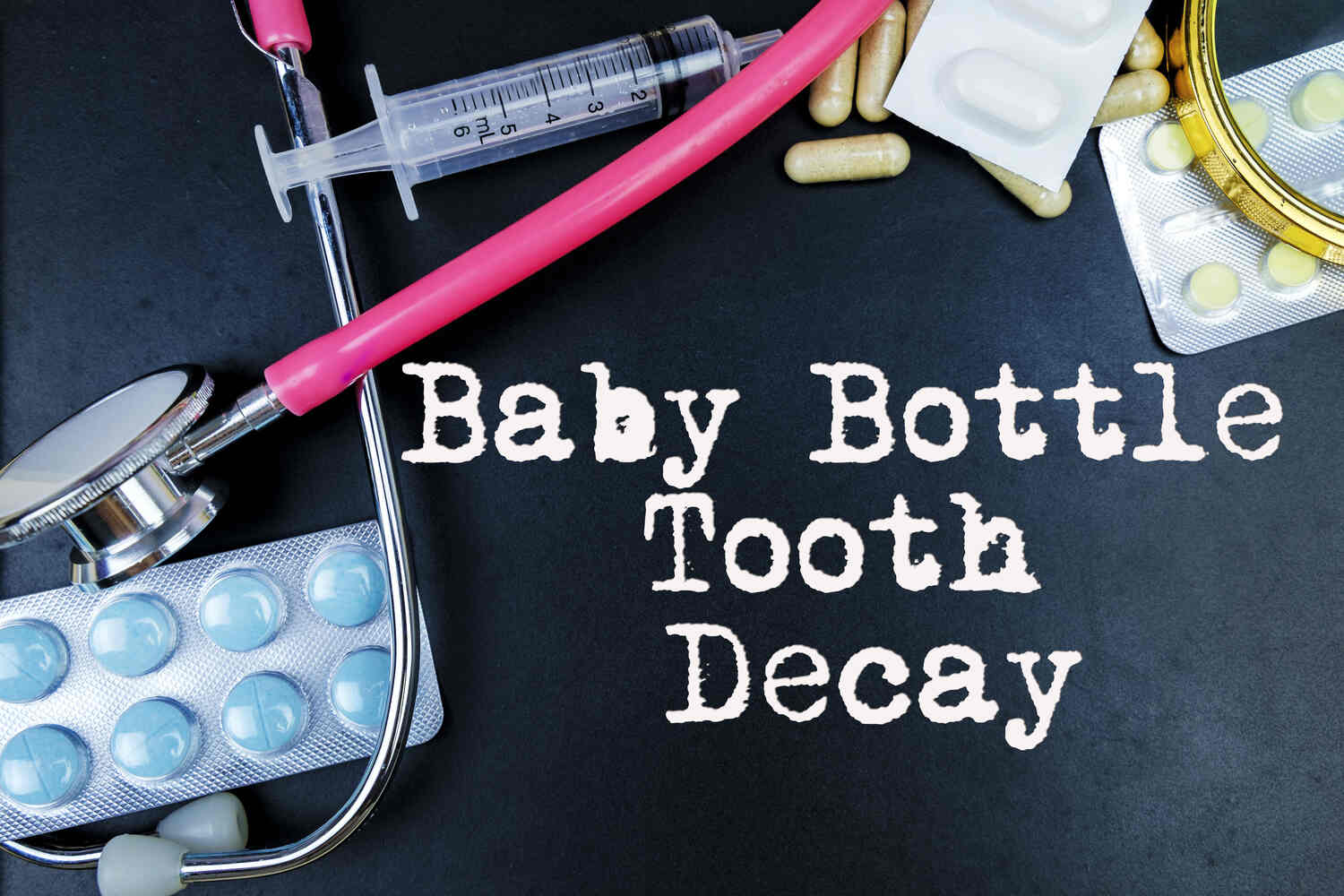
Do you know that if your baby prolongs the use of their feeding bottle they may be susceptible to tooth decay? Baby Bottle Tooth Decay is a common occurrence and it is important to know the various ways to prevent baby bottle tooth decay.
Even though baby teeth are temporary, they must be strong, and healthy to chew their food, talk clearly, and have an attractive smile. Healthy baby teeth also ensure the correct growth and placement of the adult teeth. Continue reading to know more about tooth decay due to bottle feeding and effective measures to prevent it.
In This Article
- What Is Baby Bottle Tooth Decay?
- Who Are At The Risk Of Baby Bottle Tooth Decay?
- Causes Of Baby Bottle Tooth Decay
- Signs Of Baby Bottle Tooth Decay In Babies
- 15 Tips To Prevent Baby Bottle Tooth Decay
- Treatment Options For Baby Bottle Tooth Decay
- FAQs
What Is Baby Bottle Tooth Decay?
Your baby’s teeth may be temporary, but they play an important role. If they are not taken care of properly, they can be infected. Baby bottle tooth decay, or rampant caries, or early childhood caries, is a rampant form of decay that commonly affects the maxillary (upper) incisors (front teeth), and occurs before the age of 2 years [1]. This is a common dental problem that affects babies and toddlers. It is caused if your baby uses their feeding bottle to have liquids like milk, formula milk, fruit juice, soda, and other drinks that contain sugar.
As a result, the sugars in these liquids stick around their teeth and gums, leading to bacteria growth, and causing cavities. Every time a child drinks a liquid with sugar content, their teeth and gums are attacked by acid, resulting in demineralization of the enamel leading to tooth decay.
This problem is seen in babies who are breastfed for long or with babies who use pacifiers that are dipped in honey or sugar syrup to make them more tempting. So when the baby is sleeping, this sugary liquid that is left in the baby’s mouth increases the chance of cavities. Usually, the upper front teeth are most affected. But it may occur in other teeth also.
Who Are At The Risk Of Baby Bottle Tooth Decay?
Infants who are given feeding bottles in bed babies who are breastfed to sleep or older toddlers who are allowed to carry around a bottle or a sipper cup throughout the day with sugary liquids in it are at a higher risk of tooth decay [2].
Causes Of Baby Bottle Tooth Decay

Various reasons can cause baby bottle tooth decay (BBTD) [3]. The main three reasons are:
1. Frequent Exposure To Sugary Liquids
The most common cause of BBTD is the prolonged and constant exposure of the baby’s teeth to sugary liquids. It is a very common practice to put the baby to sleep with a bottle of formula or breastfeed your infant to sleep. On a lot of occasions, a mother to calm a cranky and fussy baby will hand the baby a bottle filled with their favorite drink as a pacifier.
Both these practices can cause tooth decay in babies. Giving your baby a sugary drink at nighttime is a wrong practice because, during sleep, the saliva’s flow decreases and allows the sugary liquid to remain on the child’s teeth for a longer time and it can cause pain and infection.
2. Bacteria Passed From The Caregiver
Another cause of tooth decay is the bacteria that is transferred from the saliva of the mother or the babysitter to the baby’s mouth through the feeding spoon or pacifier.
3. Inadequate Fluoride
Inadequate fluoride received by the baby is another reason that makes them prone to BBTD.
Signs Of Baby Bottle Tooth Decay In Babies
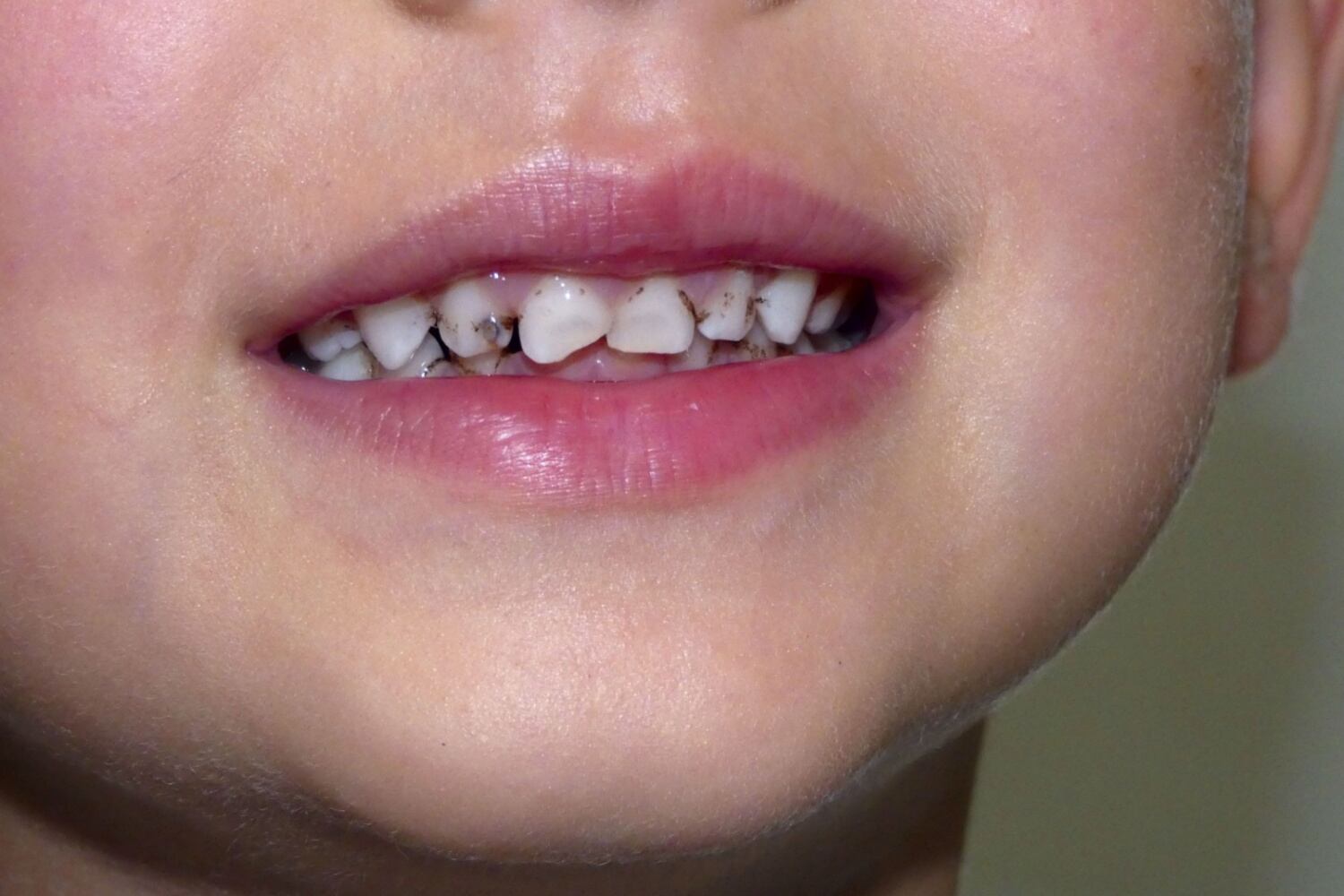
It is easy to identify baby bottle tooth decay by its characteristic features. The signs and symptoms may include:
- The presence of white spots near the gumline of the affected teeth
- Pain and discomfort in the mouth
- The white spots may gradually change in color to brown, tan, or black as the infection worsens [4]
- Swollen or bleeding gums
- A fever caused by extreme tooth infection
15 Tips To Prevent Baby Bottle Tooth Decay
If your baby’s teeth are severely decayed they may need to be removed. When your little one’s teeth fall out or become infected from bottle feeding, it can lead to some unfortunate consequences. Poor eating habits, speech difficulties, and potential issues with their adult teeth can all arise as a result.
There’s no need to worry. With a few simple steps, you can prevent tooth decay in your baby:
1. Avoid Crib Bottle

Never put your baby to sleep with a bottle. Going to bed with a bottle will expose the baby’s teeth to sugar as well as put the baby at risk for ear infections and increased chances of choking.
Try not to make it a habit for the baby to sleep with a bottle in his mouth. Give your baby their night feed half an hour before his bedtime to prevent them from falling asleep while drinking. Try to give them milk in a cup before they are too sleepy to prevent tooth decay [4].
2. Switch To Cup

Introduce the baby to a cup by 6 months of age. Introducing a sippy cup is the ideal approach to weaning your baby off the bottle. After a year eventually switched to glass. Keep in mind that it may take a little time for your baby to adjust to this change, but keep trying and do not give up [4].
3. Take Good Care Of Baby’s Teeth

Regular dental care or gum care is essential when it comes to the baby’s teeth. Irrespective of the baby being breastfed or bottle-fed, it is significant to take good care of the baby’s teeth. Use a clean gauze or cloth to gently wipe your baby’s gums and teeth after every feed. When you see the first teeth sprouting out, start softly brushing the teeth using a delicate baby toothbrush and without using toothpaste.
4. Make an Appointment With A Dentist Before 1st Birthday

Before the baby turns one, take them to a pediatric dental specialist for a preventative dental checkup. He may recommend using a sealant coating to prevent tooth decay.
5. Limit The Amount Of Sugar
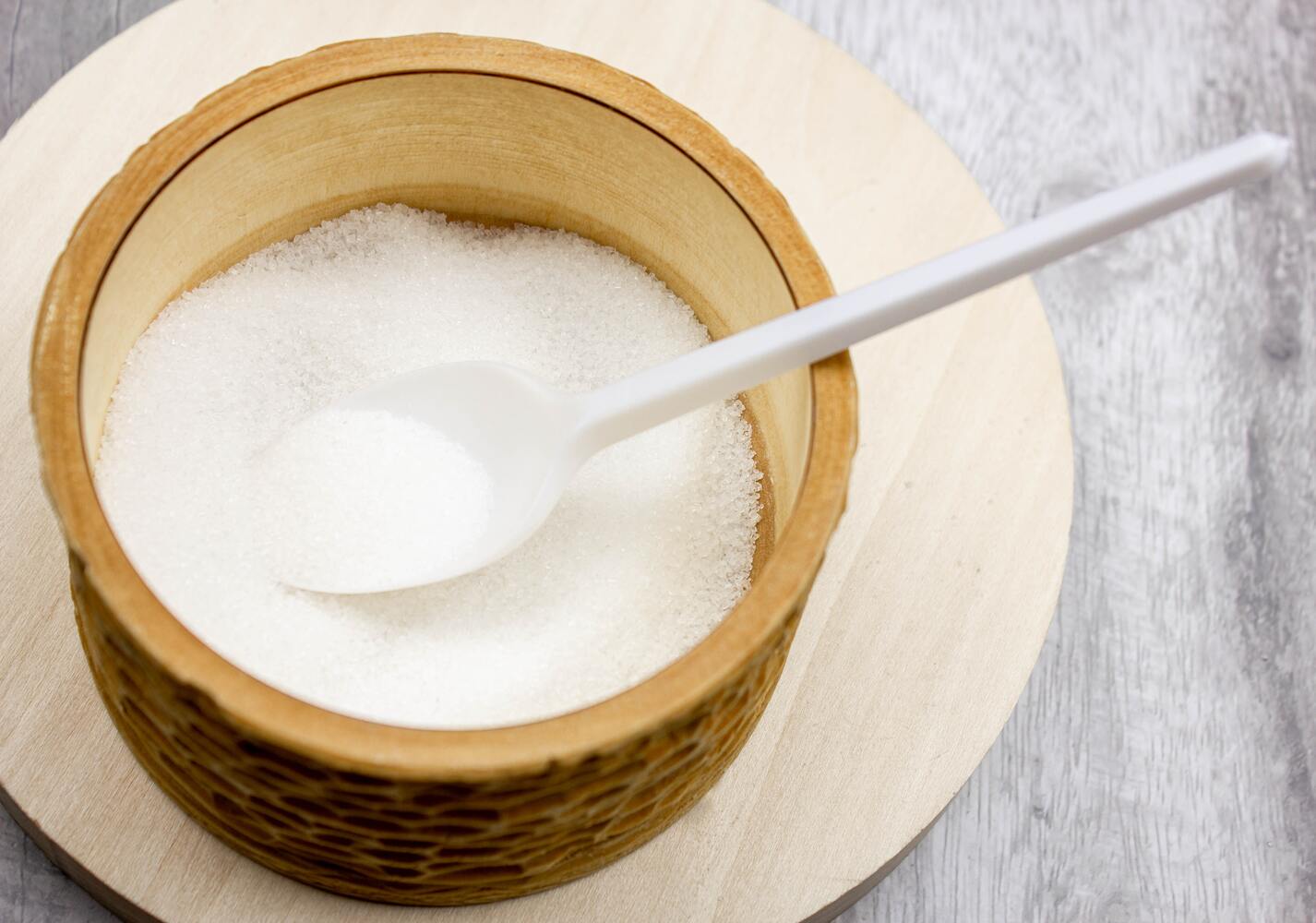
Sugar has no nutritional value. It can only cause health issues. So, never add sugar to the milk, juices, smoothies, etc., and whenever you have to add sugar, limit its quantity [4].
6. Check For Toothpaste

Once your baby has more teeth, ask their doctor when it is a good time to start brushing your baby’s teeth with toothpaste. Use toothpaste that contains fluoride as it will help prevent a cavity by boosting the mineralization of the enamel [5].
7. Serve Juice Only During Meals
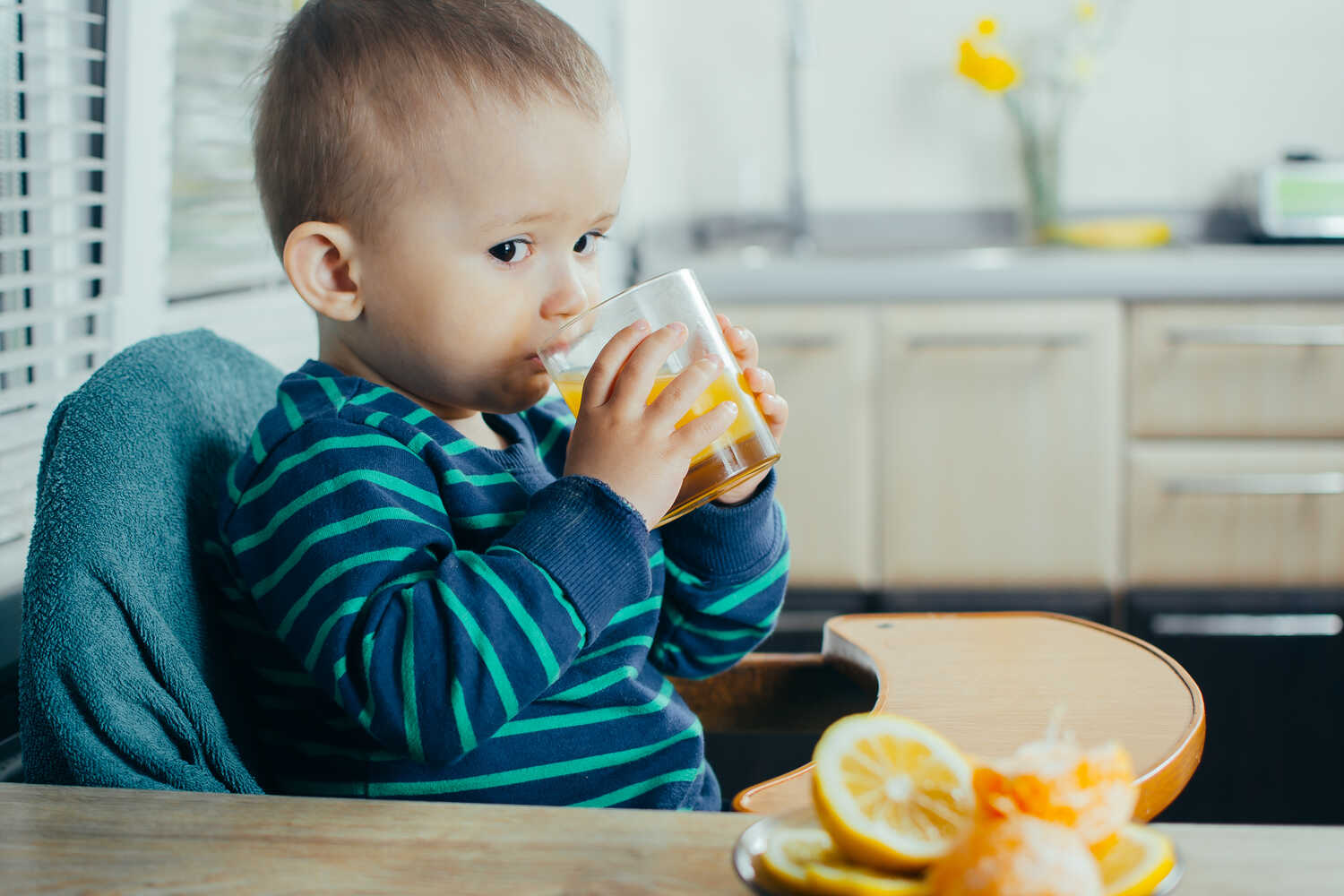
Give the baby juice only during mealtime. It is better than letting them have it throughout the day. After meals, you must clean the baby’s mouth. Therefore, there will be less chance of the sugary coating in the teeth and thereby the chance of tooth decay will be reduced.
8. Dilute The Juice

Never give concentrated juices to your baby. Even if the juices are packaged or fresh dilute them with water to reduce the sugar content.
9. Minimize The Use Of A Baby Bottle

It is very important to minimize the use of a baby bottle. Fill the bottle with water, as it will not cause any harm sipping water from the bottle. Give their favorite drinks in colorful cups and glasses only to add some fun. Once the baby gets the cue that the bottle provides them with only boring water, they will gradually switch to the cup.
10. Be Careful While Selecting Pacifiers

Avoid using pacifiers and even if you have to use them don’t dip them in sugary liquids like honey to make them more tempting. Use clean and dry pacifiers only.
11. Stick To Natural Food And Drinks

Give your child boiled or raw fruits and vegetables. Coconut water is another excellent natural juice for babies. Let him enjoy the natural flavors rather than loading them with artificial sweetener.
12. Avoid Fizzy Drinks
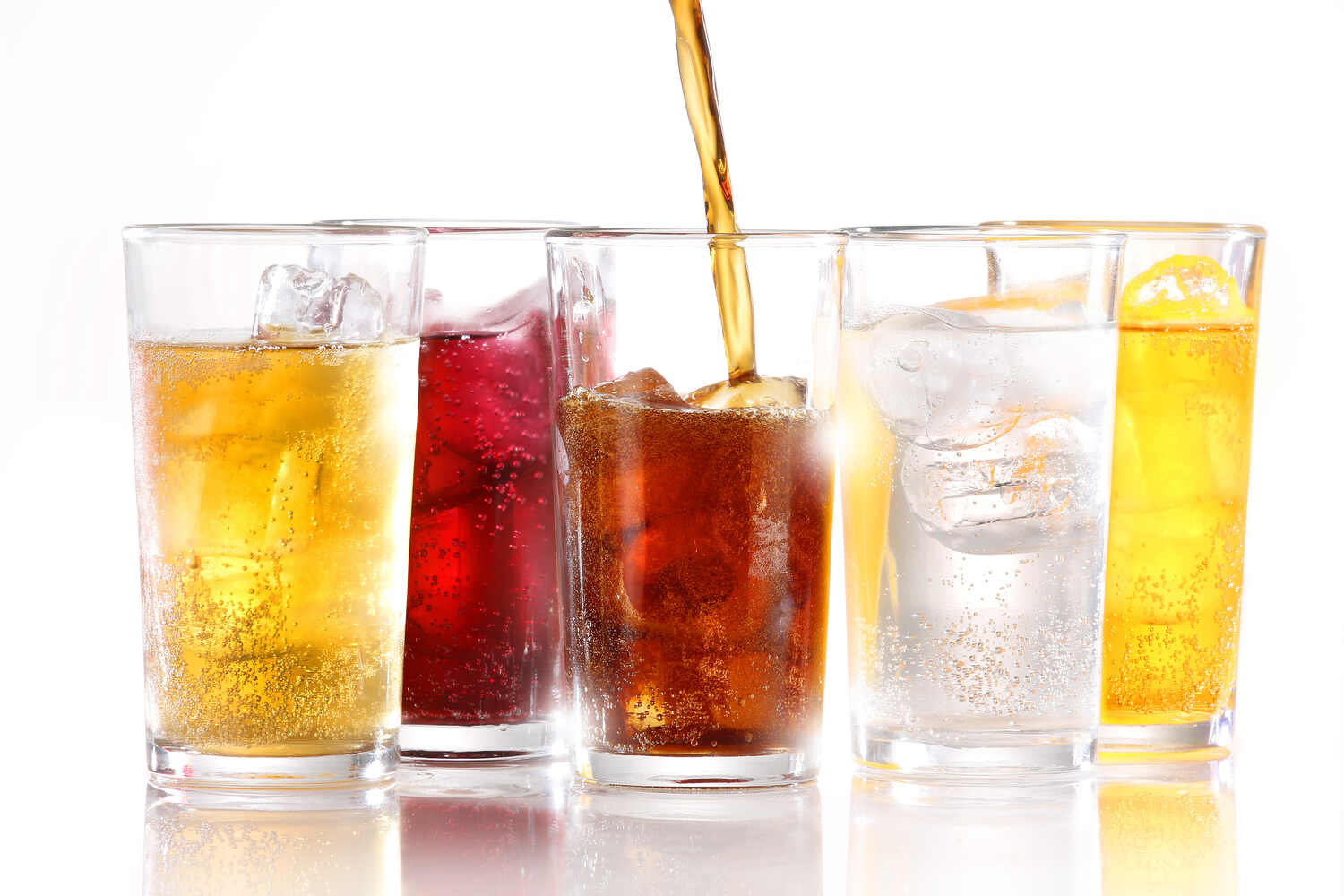
Avoid giving children soft drinks, which have zero nutritional value and are loaded with artificial colors and sweeteners.
Remember, healthy baby teeth will ultimately result in healthy permanent teeth. So encourage healthy oral habits in your baby.
13. Avoid Sharing Baby Items
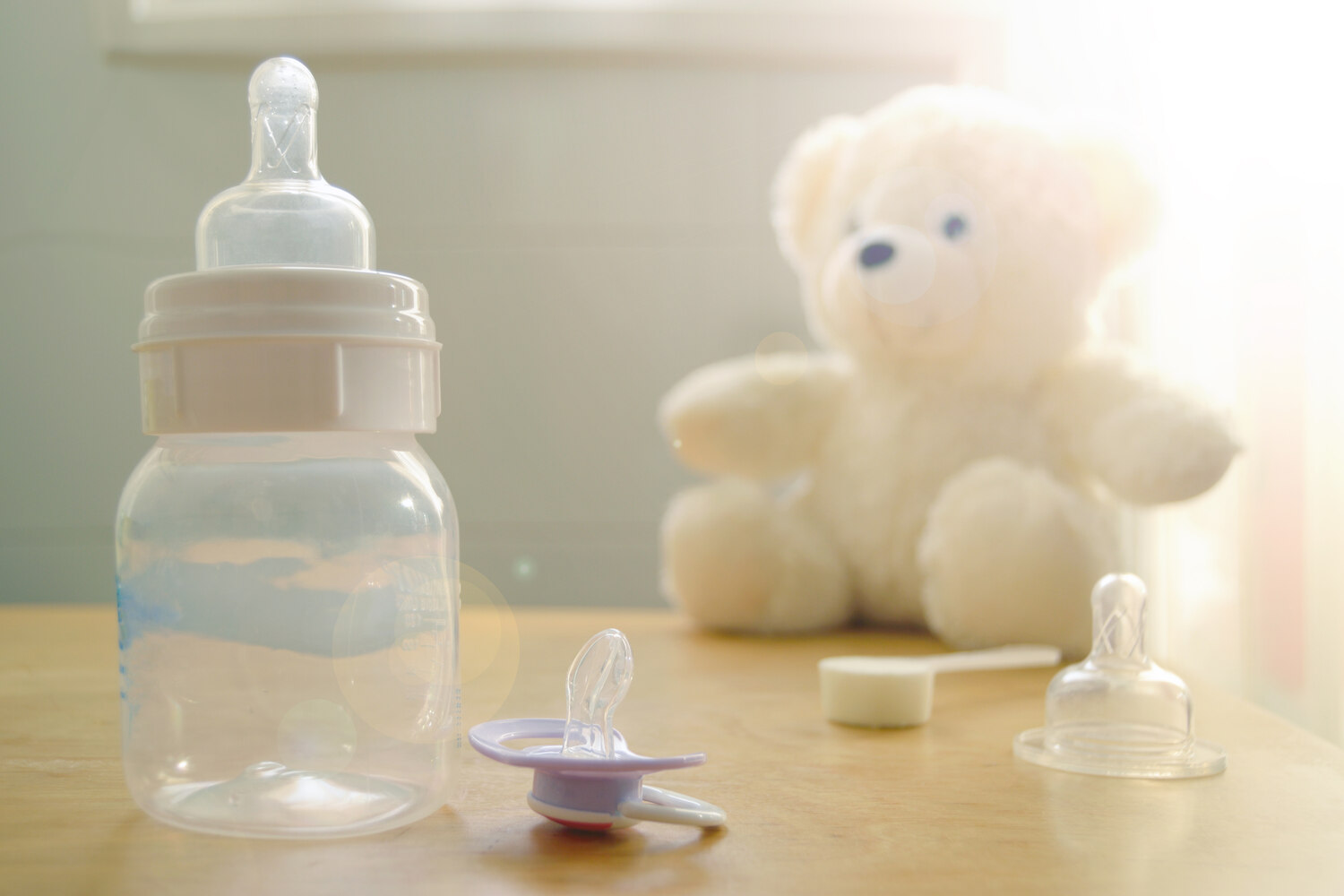
Try to avoid sharing saliva with your baby by transferring it through spoons and other utensils [5].
14. Healthy Diet

As mentioned earlier, you must avoid sugary foods and drinks. Instead, give them healthy and well-balanced meals that help promote healthy teeth and gums. Include fresh fruits and vegetables, whole grains, and nuts.
15. Give Plenty of Water
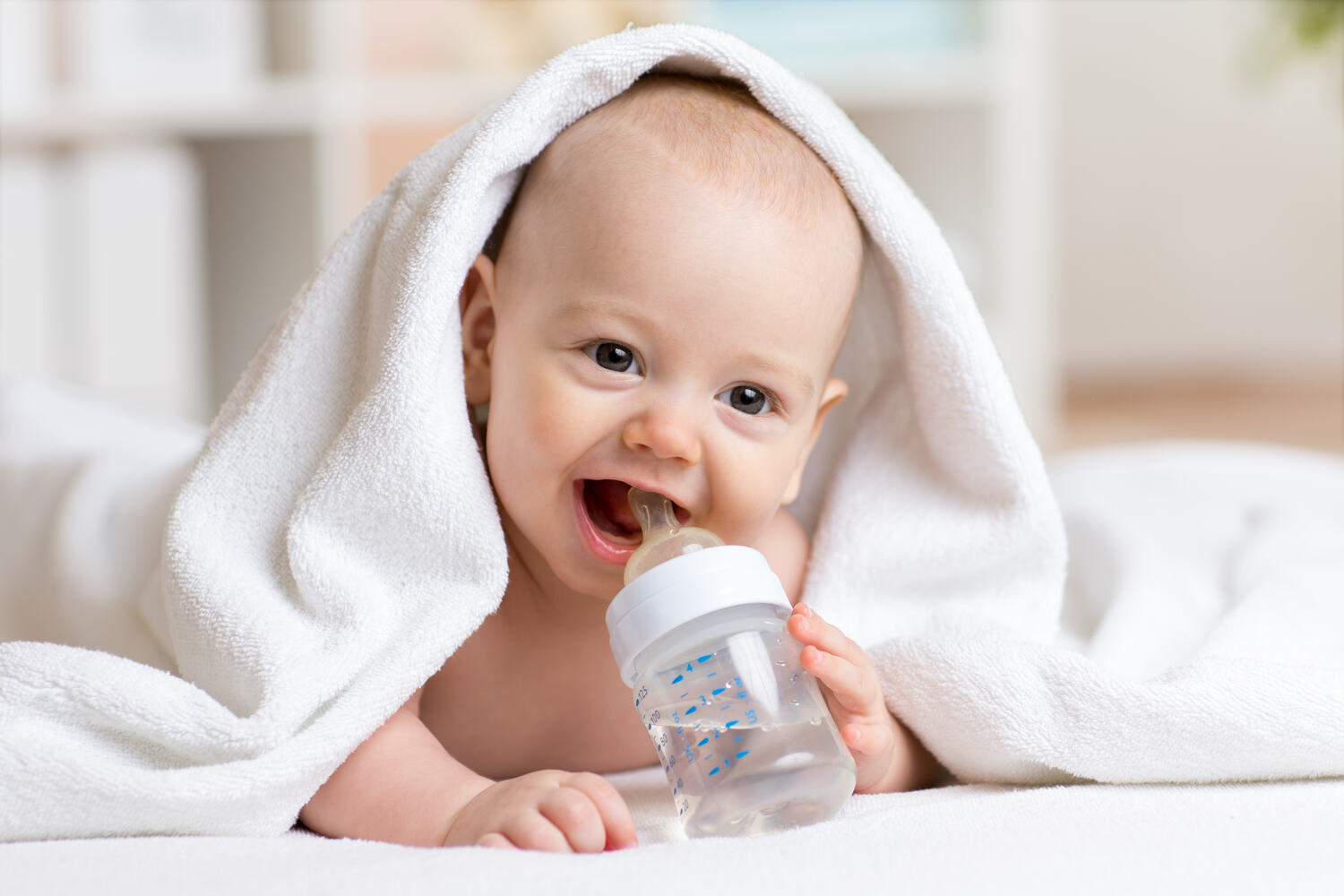
Give your baby plenty of water once you get a green signal from the doctor. Drinking water can help flush out harmful bacteria, food debris, and acids from the mouth. This also promotes saliva production that neutralizes acids and helps protect teeth from decay.
Treatment Options For Baby Bottle Tooth Decay
If you notice white spots or other obvious signs of BBTD consult your baby’s doctor or dentist. They may offer treatment based on the extent of tooth damage.
Here are some treatment options to explore:
1. For white spots
- Fluoride toothpastes
- In-office fluoride treatment (Silver Diamine Fluoride)
2. For mild pits
- Dental sealants and varnish [3]
3. For moderate cavities
- ART (Atraumatic restorative treatment) with glass ionomer cement [4]
4. For severe tooth infections involving the pulp
5. For extensive tooth damage
- Tooth extraction
Baby bottle tooth decay can be catastrophic if not detected and treated on time. This can spread rapidly to deeper tissues and damage the permanent tooth bud as well. Visiting a dentist regularly can help curb this oral problem that is most prevalent in babies. Your baby’s dentist can offer a wide range of treatment options based on the severity. However, prevention is always better than cure. Follow the mentioned tips to prevent baby bottle tooth decay to maintain your baby’s oral health and that pearly white sparkling smile.
FAQs
1. When Does Baby Bottle Tooth Decay Occur?
Baby bottle tooth decay is defined as the decay that develops when baby teeth suffer from prolonged and frequent contact with too much sugar. It can occur when babies are put to bed with a bottle used as a pacifier, or if a bottle or sippy cup are used for extended periods.
2. How To Stop Baby Bottle Tooth Decay In My Baby?
You can stop baby bottle tooth decay in your baby by discontinuing the use of bottles at night while put to bed. Furthermore, you must clean your baby’s teeth after every feed with wet cotton or gauze. Remember to brush your baby’s teeth as soon as the first tooth erupts.
3. Does Brushing Prevent Baby Bottle Tooth Decay?
Yes. Brushing your baby’s teeth twice a day as soon as the first tooth erupts can prevent baby bottle tooth decay. Even if they don’t have teeth, cleaning the gums with a wet cloth can significantly reduce the risk.
References
- Baby bottle tooth decay (BBTD): issues, assessment, and an opportunity for the nutritionist – [https://pubmed.ncbi.nlm.nih.gov/2668384/]
- Baby bottle tooth decay in Native American children in Head Start centers – [https://www.ncbi.nlm.nih.gov/pmc/articles/PMC1580288/]
- Early Childhood Caries – [https://www.ncbi.nlm.nih.gov/books/NBK535349/ ]
- Early childhood caries update A review of causes, diagnoses, and treatments – [https://ncbi.nlm.nih.gov/pmc/articles/PMC3633299/]
- Fluorides and Other Preventive Strategies for Tooth Decay – [https://www.ncbi.nlm.nih.gov/pmc/articles/PMC5830181/]

Dr. Hafsa Fatima,Bachelor of Dental Surgery
Responses (0)
Want curated content sharply tailored for your exact stage of parenting?
Related articles

Top 8 Best Sound Books For Babies in First Year

Top 10 Best Board Books For Babies in First Year
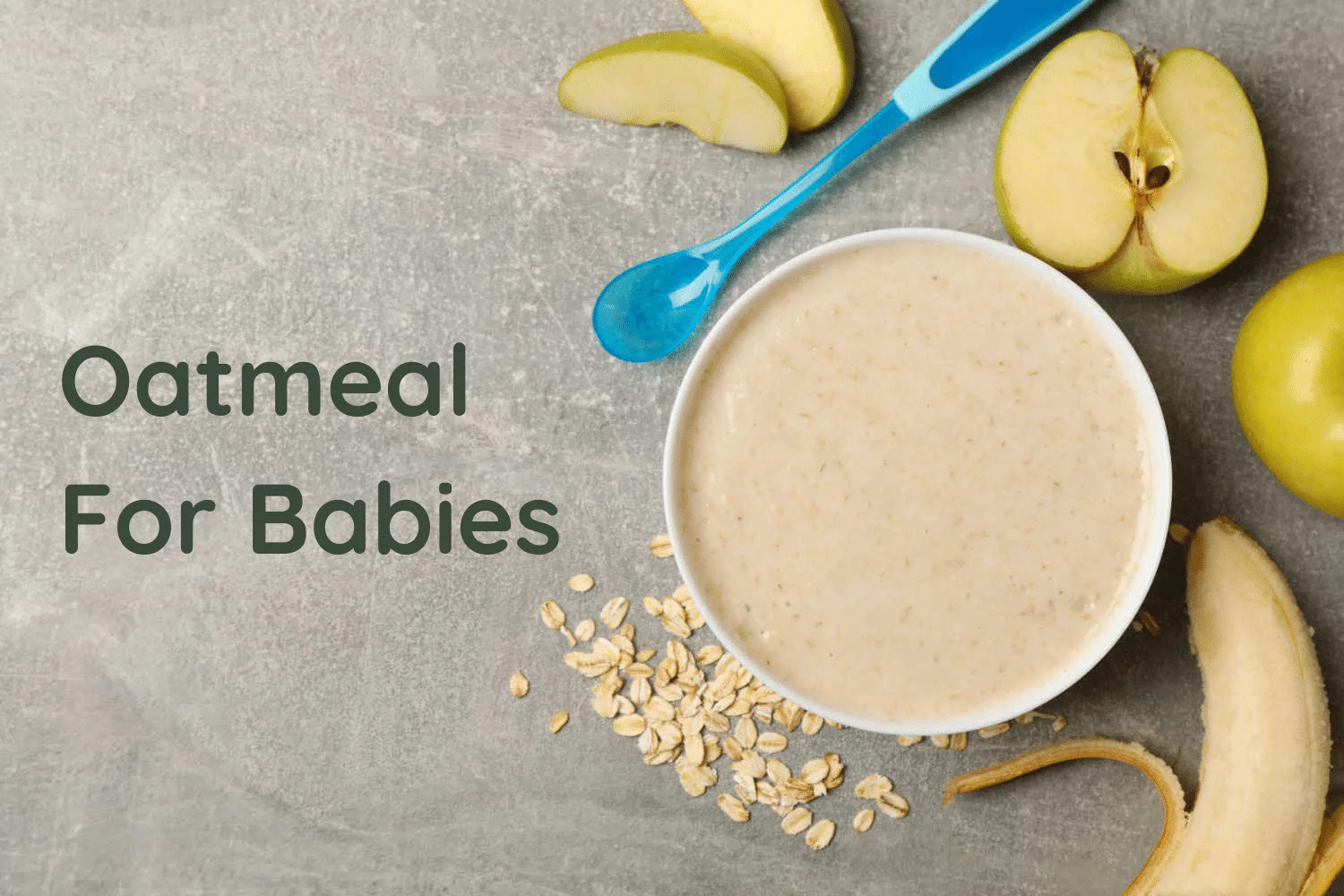
Oatmeal For Babies – When to Introduce, Benefits and How to Feed

Rambutan For Babies – When to Introduce, Benefits and Side Effects

Top 10 Baby Clothes Brands in India
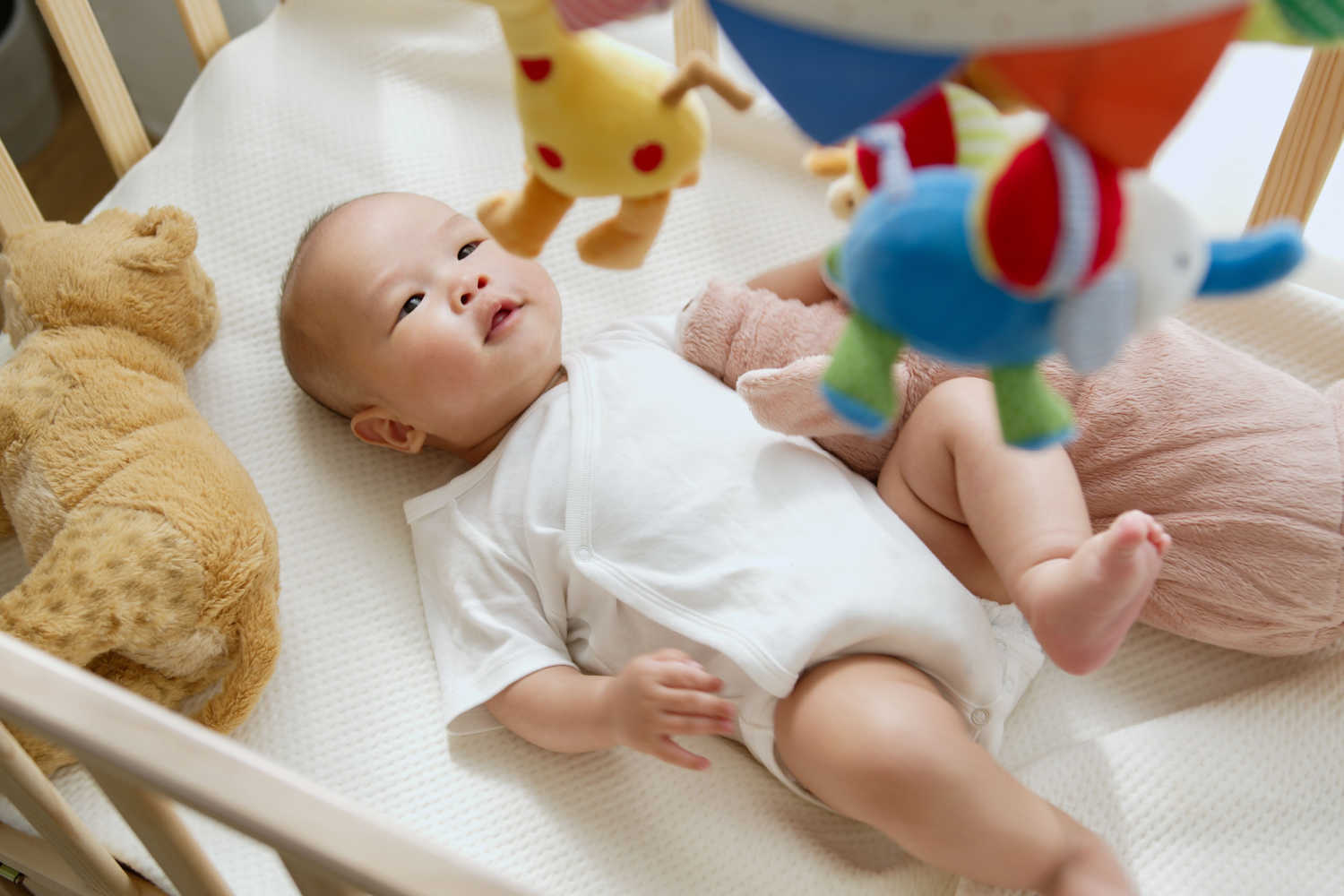
Cot Mobiles For Babies – How it Helps in Baby’s Development
Sponsored content
Discover great local businesses around you for your kids.
Get regular updates, great recommendations and other right stuff at the right time.





